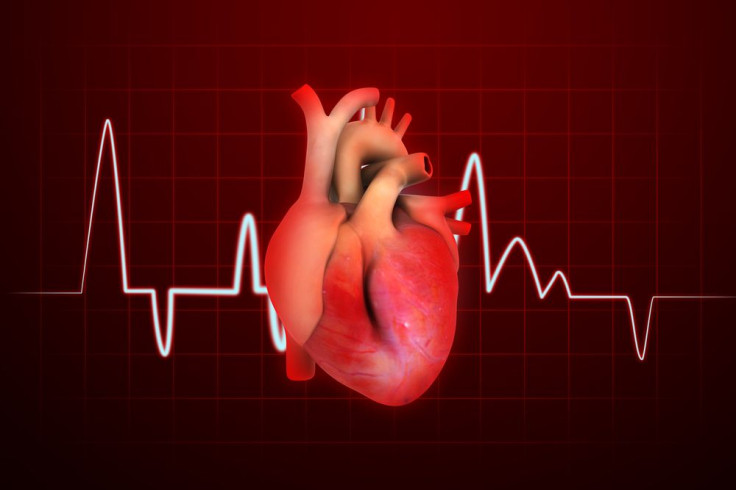Should I Take Statins? 2 New Studies Give Further Evidence In Favor Of New Statin Use Guidelines

The 2013 American Heart Association and American College of Cardiology guidelines on statin use to prevent heart disease recommended expanding the use of these cholesterol-lowering drugs to more Americans. New guidelines, however, have been at the center of controversy, namely by those who maintain it may lead to overmedication. But two recently published studies provide further evidence to suggest that these new guidelines may not be as overreaching as some believe.
Although overmedicating the public is a major concern among those opposed to the new guidelines, research suggests this concern may be unwarranted. According to a recent study, the new guidelines do a much better job in predicting who will develop cardiovascular problems than many may give it credit for, and only suggest medication for those who truly need it. For the study, researchers looked at 2,435 people who were not taking statins and underwent a test for calcium in their coronary arteries, The New York Times reported.
The results showed that out of those eligible for statins under the old guidelines, 6.9 percent had a heart attack or died from coronary disease within nine years of the study's initiation. By comparison, there was a 6.3 percent heart attack and death rate under the new guidelines. These figures suggest that under the new guidelines there is little difference in death rates, and that the newest guidelines don't really result in any more diagnoses than the old ones.
Another major concern about the new statin guidelines is that they will be too expensive to keep up with. However, another recently released study proved that along with not resulting in over-diagnosis, the new guidelines are also more cost-effective.
According to the American Heart Association, heart disease is the number one killer of both men and women. A major contributor to heart disease is the buildup of cholesterol, a substance that gets trapped in the arteries. When this buildup becomes too great, blood clots form. Eventually, the blood clot will completely stop blood flow, resulting in either a heart attack or stroke. Statins work to reduce the amount of cholesterol in the blood by blocking the substance your body needs to make cholesterol, and ensuring more cholesterol gets reabsorbed into the body and less is deposited into the artery walls.
Source: Pursnani A, Massaro JM, Agostino RB, et al. Guideline-Based Statin Eligibility, Coronary Artery Calcification, and Cardiovascular Events. JAMA. 2015.
Pandya A, SY S, Cho S, et al. Cost-effectiveness of 10-Year Risk Thresholds for Initiation of Statin Therapy for Primary Prevention of Cardiovascular Disease. JAMA. 2015.
Published by Medicaldaily.com



























